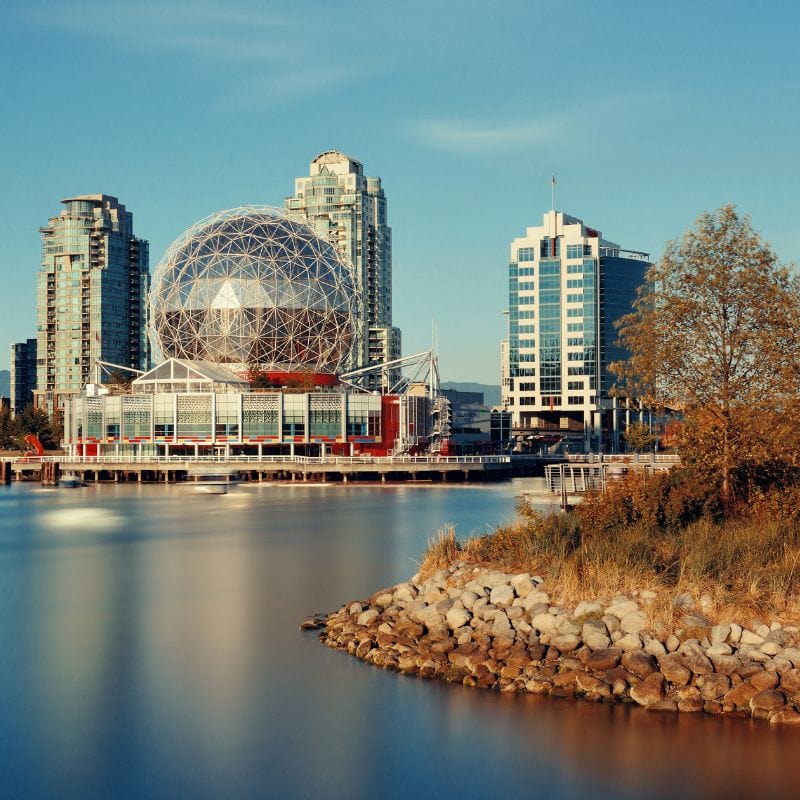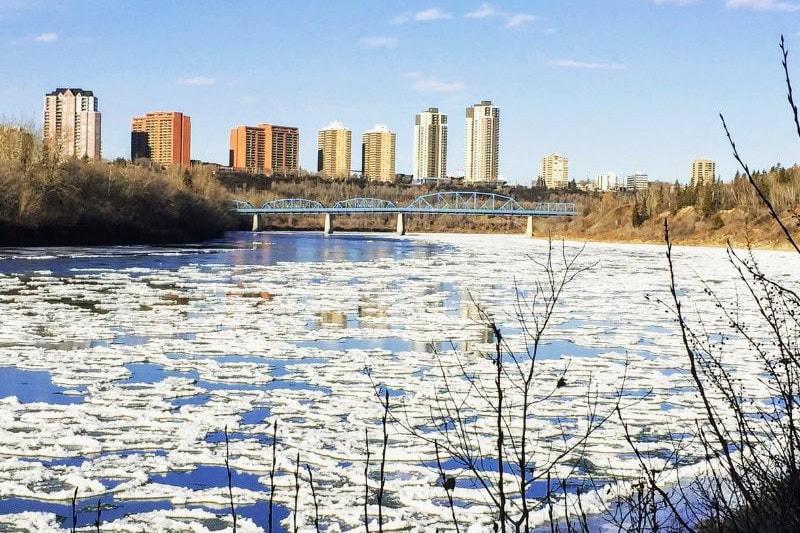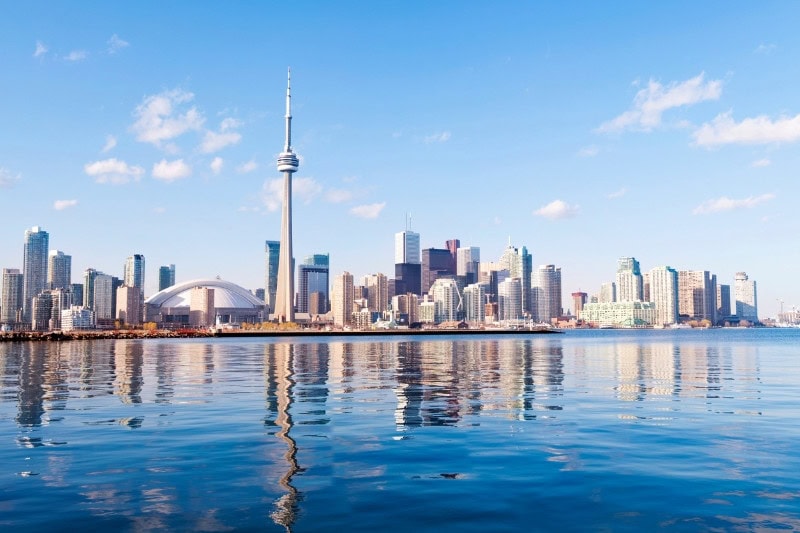Welcome to our in-depth exploration of the cost of living in Vancouver as we head into 2024. Known for its breathtaking landscapes and vibrant urban life, Vancouver is consistently ranked as one of the world’s most livable cities. However, with great desirability comes significant costs, and understanding these can help both current residents and potential newcomers make informed decisions.
In this comprehensive guide, we will delve into the various aspects that contribute to the cost of living in Vancouver, one of Canada’s most bustling metropolises. From housing and rental prices to transportation and groceries, we aim to provide a detailed overview of what it truly costs to live in this dynamic city.
As we navigate through each category in this series, you’ll gain insights into not only the financial aspects but also tips on how to manage and possibly reduce these costs. Whether you’re considering moving to Vancouver or are a current resident looking to better budget your expenses, this guide will serve as a valuable resource.
Stay tuned as we begin our series with a detailed look at one of the most significant factors affecting Vancouver’s cost of living: housing and rental prices. We’ll explore current trends, compare costs, and offer insights into the real estate market as we enter 2024.
Immigration news directly into your inbox
Housing and Rental Prices
As one of the most critical components of the overall cost of living in Vancouver, housing remains a topic of considerable interest and concern, particularly as we move into 2024. Understanding the dynamics of the Vancouver housing market, whether you’re looking to rent or buy, is essential for budgeting and planning your life in the city.
Rental Market Trends
Vancouver’s rental market is a competitive one, with high demand and limited supply often driving up prices, impacting the overall cost of living in Vancouver. As of 2024, the average rent for a one-bedroom apartment in the city center stands at approximately $2,100 CAD per month, while those looking outside of the downtown core can expect slightly lower prices around $1,750 CAD. These prices reflect a steady increase from previous years, influenced by Vancouver’s growing attractiveness and economic stability.
Buying a Home
The real estate market for buyers shows no signs of slowing down. The average price for a single-family home in Vancouver can range significantly based on neighborhood, with prices starting from around $1.5 million CAD in more accessible areas and climbing much higher in more sought-after neighborhoods. Condominiums provide a somewhat more affordable option, with average prices around $725,000 CAD.
Market Comparison
When compared to 2023, the housing and rental prices in 2024 have seen an approximate increase of 5%, continuing a trend from the past decade. This increase reflects Vancouver’s status as a prime location but also poses challenges for affordability.
Navigating the Market
For potential renters and buyers, it’s crucial to:
- Research extensively: Understanding the various neighborhoods and their respective costs can help you find the right fit for your budget and lifestyle.
- Plan for additional costs: Property taxes, home insurance, and maintenance fees (for homeowners) and security deposits and utility costs (for renters) can add significant expenses.
- Consider long-term trends: Look at how property values have changed over time to make an informed decision about whether buying or renting is the best financial move.
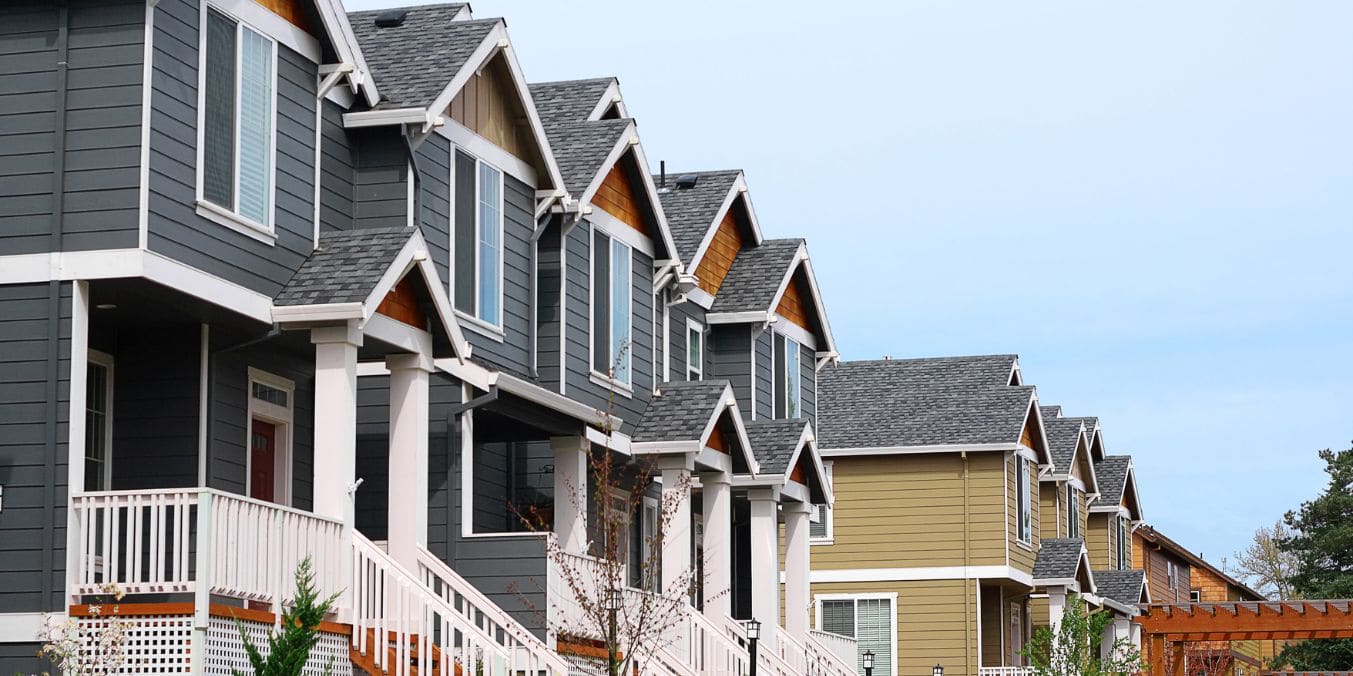
As we continue to witness changes in economic conditions and the potential introduction of new housing policies, staying informed will be key to navigating Vancouver’s housing market. This, in turn, plays a significant role in the overall cost of living in Vancouver. Future posts will explore other essential living costs, including utilities, transportation, and groceries, to provide a holistic view of what it costs to live in Vancouver in 2024.
Utility Costs
Utility expenses form an essential part of the monthly budget for Vancouver residents. Understanding these costs is crucial for anyone planning to live in this city, as they impact overall affordability and quality of life.
Electricity, Gas, and Water
The average monthly cost for basic utilities in Vancouver, including electricity, heating, cooling, water, and garbage, can range from $100 to $150 CAD for an 85 m² (approximately 900 sq ft) apartment. This cost varies depending on the size of the living space, usage habits, and the efficiency of appliances and home insulation.
- Electricity: British Columbia primarily uses hydroelectric power, which tends to be more stable and slightly cheaper compared to regions reliant on fossil fuels.
Gas: Natural gas is commonly used for heating and cooking in Vancouver. Rates are subject to fluctuate based on global energy prices but generally remain competitive.
Water: Vancouver enjoys some of the best tap water quality in the world, and water costs are included in most municipal utility bills without significant seasonal variation.
Internet and Communications
Staying connected is more important than ever. In Vancouver, the average monthly cost for a good internet connection (about 60 Mbps or more, unlimited data, cable/ADSL) is typically around $60 to $80 CAD. Consider this when calculating your overall cost of living in Vancouver. Prices can vary based on service providers and package deals that may include TV and mobile services.

Ways to Save on Utilities
1. Energy-efficient appliances: Investing in energy-efficient appliances can reduce electricity and gas usage.
2. Water-saving fixtures: Low-flow toilets and showerheads can help reduce water bills.
3. Smart thermostats: These devices adjust heating and cooling automatically and optimize energy use.
4. Bundling services: Many providers offer discounts when you bundle internet, TV, and phone services.
Utility costs in Vancouver are influenced by a range of factors, including personal consumption, the type of housing, and market rates for energy. Understanding these factors can help you manage your utility expenses and ultimately impact your cost of living in Vancouver. By managing usage and making informed choices about services and appliances, residents can control and often reduce their monthly utility expenses.
Transportation Expenses
Transportation is a crucial aspect of daily life in Vancouver, affecting both the budget and lifestyle of its residents. Understanding the various costs involved is essential, as they significantly impact your cost of living in Vancouver. Whether you’re commuting to work, exploring the city, or traveling out of town, having a good grasp on transportation options and their costs is key.
Public Transit
Vancouver boasts an extensive and efficient public transit system, including buses, SkyTrain, and SeaBus services, managed by TransLink. This extensive network can significantly impact your cost of living in Vancouver. In 2024, a monthly transit pass costs about $100 CAD, providing unlimited access within designated zones. This pass is a cost-effective option for regular commuters compared to single fares, which can add up quickly.
Personal Vehicles
Owning a car in Vancouver can be quite costly due to high fuel prices, insurance rates, and parking fees:
- Fuel: Vancouver often has some of the highest fuel prices in Canada, typically ranging around $1.50 to $1.70 per liter.
- Insurance: Mandatory car insurance in British Columbia is provided through the Insurance Corporation of British Columbia (ICBC), with average annual premiums around $1,500 CAD.
- Parking: Depending on the area, monthly parking can range from $50 to over $300 CAD in downtown zones.

Cycling and Other Alternatives
Vancouver is known for its bike-friendly infrastructure, which includes extensive bike lanes and trails. This makes cycling a viable option for many residents, potentially lowering their cost of living in Vancouver. Investing in a bicycle can be a one-time cost ranging from $500 to $1,500 CAD for a good quality new bike, offering a healthy and economical alternative to motorized transport. Additionally, ride-sharing and car-sharing services are available and can be cost-effective alternatives for those who only occasionally need a vehicle.
Ways to Save on Transportation
1. Take advantage of public transit discounts: Reduced fares are available for seniors, students, and low-income individuals.
2. Consider carpooling: Sharing rides can significantly cut down on commuting costs.
3. Evaluate the necessity of a personal vehicle: Given the high costs associated with car ownership and the efficiency of public transit, evaluate whether you truly need a car.
Transportation costs in Vancouver vary widely based on your chosen modes of transit and personal circumstances. By utilizing the efficient public transit system and considering alternative modes like cycling, residents can manage and even reduce their transportation expenses significantly.
Food and Groceries
Understanding the costs associated with food and groceries is fundamental for anyone living in or moving to Vancouver. This is a significant factor to consider when determining your cost of living in Vancouver. The city offers a diverse culinary scene, ranging from affordable eateries to high-end restaurants, and the grocery prices can vary significantly based on your diet and shopping habits.
Grocery Costs
Vancouver offers a range of grocery shopping options, from budget-friendly stores like No Frills and Walmart to mid-range markets like Save-On-Foods and Safeway, and upscale options like Whole Foods and specialty stores. On average, a monthly grocery bill for a single adult in Vancouver might range between $200 to $400 CAD, depending on dietary preferences and shopping habits.
Organic and locally-sourced products are popular but can increase grocery costs. Seasonal fluctuations also affect prices, especially for fresh produce, which can be more expensive during off-season months.
Dining Out
Eating out in Vancouver can fit a wide range of budgets. A meal at an inexpensive restaurant may cost around $15 to $20 CAD, while a three-course meal at a mid-range restaurant can set you back about $50 to $70 CAD per person. Vancouver’s diverse food scene also includes various international cuisines, adding to the culinary choices but also varying the price range.
Cost Comparison with Other Cities
Compared to other major Canadian cities, Vancouver’s food prices are on the higher end, largely due to its geographical location and transportation costs associated with bringing goods into the city. This translates to a higher cost of living in Vancouver relative to other areas of Canada.
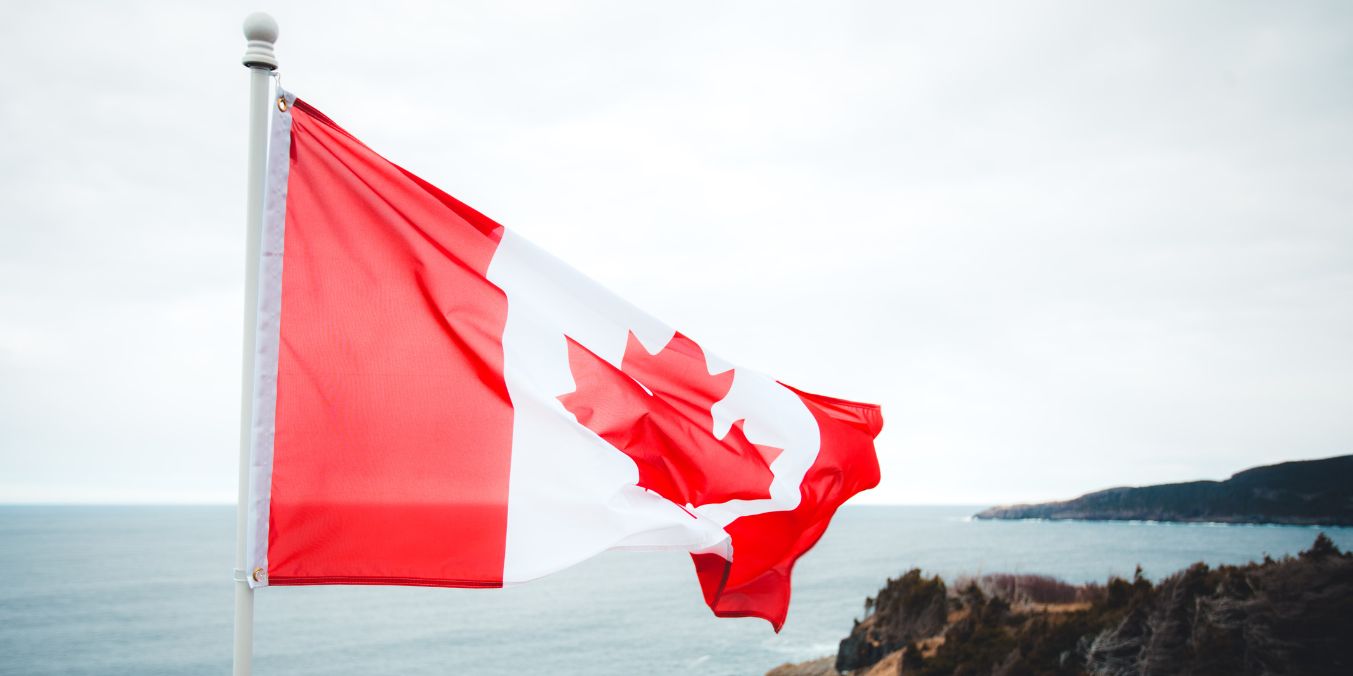
Ways to Save on Food
1. Shop local and seasonal: Buying what’s in season and available locally can reduce costs.
2. Use grocery flyers and apps: Utilize discounts and coupons offered through store flyers and digital apps.
3. Meal planning: Plan meals ahead to avoid impulse buys and reduce waste.
4. Cook at home more often: Cooking at home is generally cheaper than dining out, especially for families.
Food costs in Vancouver vary widely based on lifestyle choices and where you shop or dine. By taking advantage of local produce, planning meals, and utilizing discounts, residents can manage their food expenses effectively.
Healthcare Services
Healthcare is a vital consideration for anyone residing in Vancouver. Understanding the associated costs – whether it’s for regular check-ups, emergency services, or ongoing medical treatments – is crucial for effectively managing your health and finances. These healthcare costs are a factor to consider when evaluating the overall cost of living in Vancouver
Public Healthcare System
Canada’s public healthcare system covers most basic medical services, including visits to doctors and most hospital treatments, without direct charges to the patient. This coverage is provided through the Medical Services Plan (MSP) in British Columbia, which is funded by taxes. However, there are additional costs associated with healthcare that are not covered by MSP.
Additional Healthcare Costs
- Prescription Medication: Not all medications are covered by the public healthcare system. Costs can vary widely depending on the medication and whether you have additional private health insurance.
- Dental Care: Dental services are not covered under MSP. Basic dental care can cost anywhere from $100 to $300 per visit, depending on the type of service (e.g., cleaning, fillings, x-rays).
- Vision Care: Eye exams and corrective lenses are also not covered for adults under MSP. An eye exam can cost between $75 and $150, and glasses or contact lenses can be significant additional expenses.
- Private Health Insurance: Many residents opt for private health insurance to cover additional expenses like those for dental and vision care, as well as prescription medications. Premiums for these plans vary based on coverage level and individual health needs.
Ways to Save on Healthcare
1. Utilize preventive care: Taking advantage of covered preventive services can help avoid more costly treatments later.
2. Compare prices for medications: Shopping around for the best prices or using generic brands can significantly reduce costs.
3. Consider health spending accounts: Some employers offer flexible health spending accounts that can be used for medical expenses not covered by MSP.
While basic healthcare in Vancouver is largely covered by public insurance, the costs of additional services can add up. Understanding what is and isn’t covered, and planning for additional insurance if necessary, are important steps in managing healthcare expenses effectively.
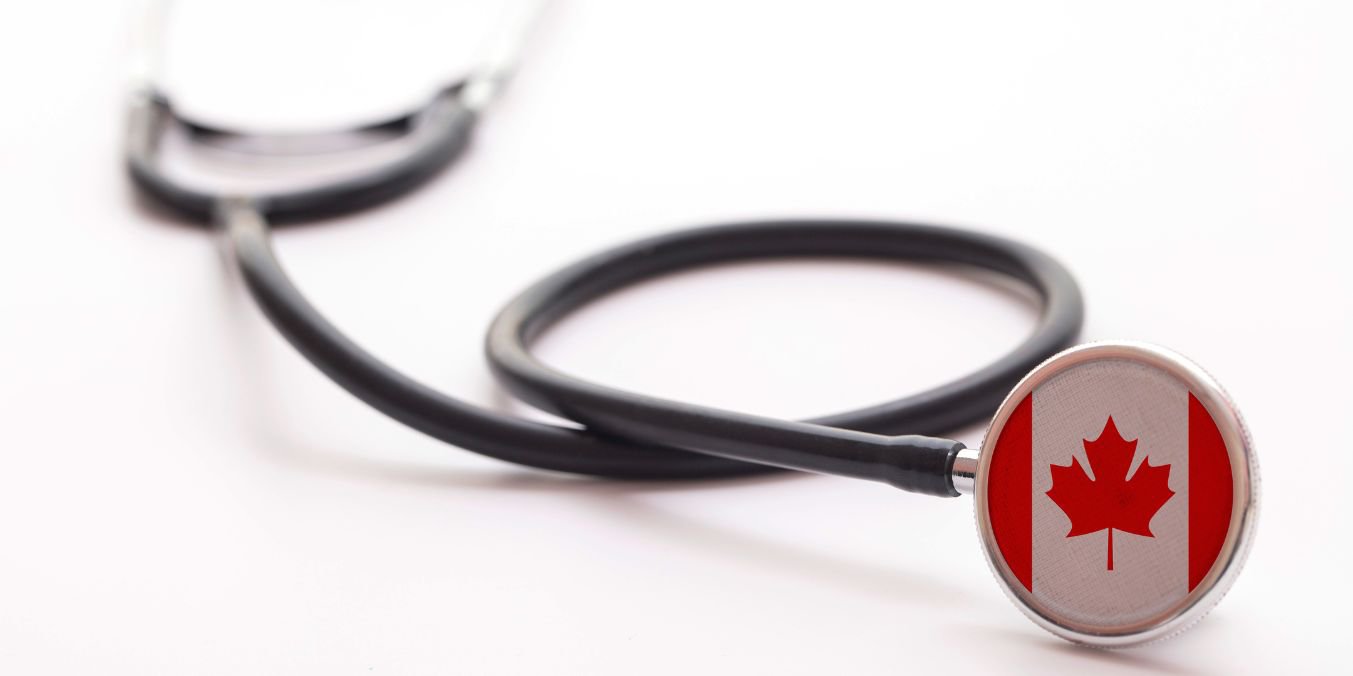
Education and Childcare
Education and childcare are significant expenses for families living in Vancouver. Understanding these costs is essential for budgeting, especially for new or expecting parents and those considering further education. These expenses are a major factor to consider when evaluating the overall cost of living in Vancouver.
Childcare Costs
Childcare in Vancouver can be quite expensive, reflecting the high demand and cost of living in the city. For infants and toddlers, monthly daycare costs can range from $1,200 to $2,000 CAD or more, depending on the facility’s location and the quality of care provided. Costs typically decrease as children age, but remain a substantial budget item for families.
Public and Private Schooling
- Public Schools: Education in public schools from kindergarten through grade 12 is free for residents of British Columbia. However, there may be some additional costs for activities, school supplies, and special programs.
- Private Schools: Vancouver hosts a range of private schools, offering different curriculums including international baccalaureate programs and faith-based education. Tuition for private schooling can vary widely, generally ranging from $8,000 to over $20,000 CAD annually.
Post-Secondary Education
Vancouver is home to several high-ranking universities and colleges, including the University of British Columbia (UBC) and Simon Fraser University (SFU). Tuition fees for post-secondary education vary based on the institution and the program of study:
- Domestic Students: Annual tuition costs for domestic students range from about $5,000 to $8,000 CAD.
- International Students: International students can expect significantly higher fees, generally between $25,000 and $35,000 CAD annually.
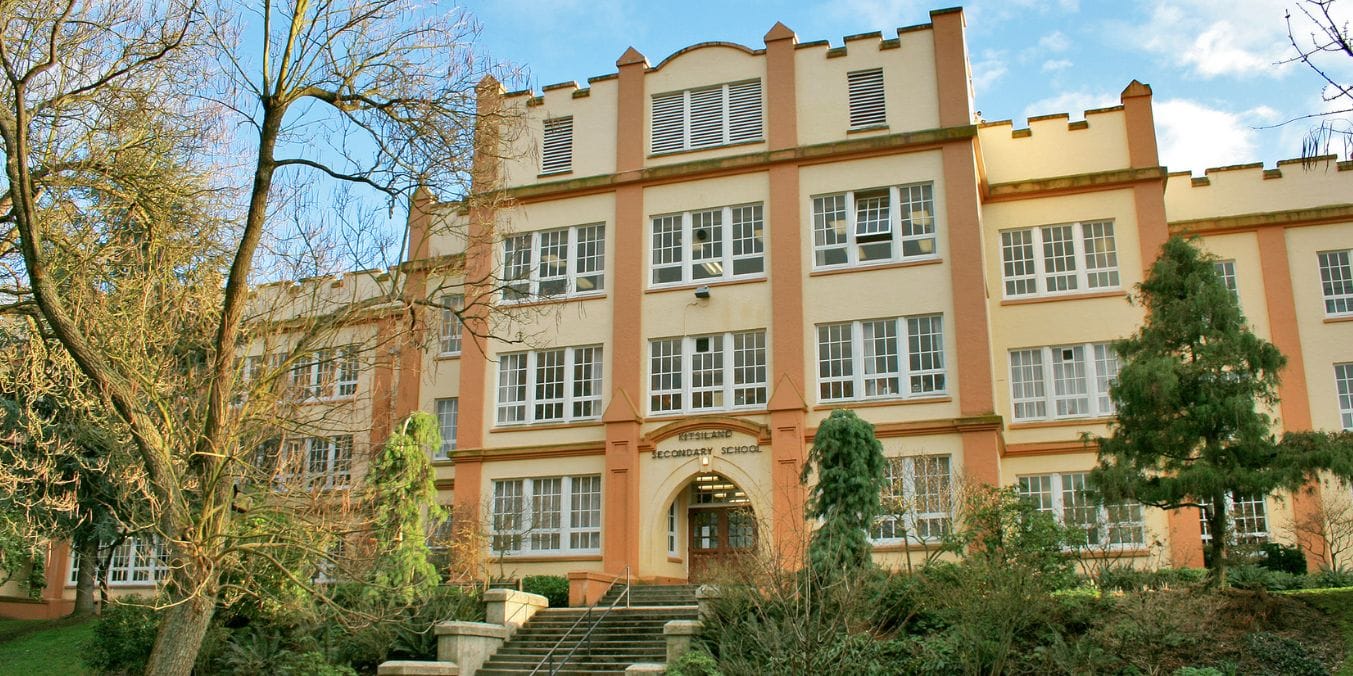
Ways to Save on Education and Childcare
1. Government Subsidies and Tax Benefits: Look into available government programs designed to help families with the cost of childcare and education, such as the Affordable Child Care Benefit.
2. Scholarships and Bursaries: For post-secondary students, researching and applying for scholarships, grants, and bursaries can significantly reduce educational expenses.
3. Flexible Spending: Some employers offer flexible spending accounts or other benefits that can help offset the costs of childcare and education.
Education and childcare constitute significant portions of family expenses in Vancouver. While public education provides a cost-effective option for many, childcare and private education require careful financial planning and consideration of available support programs.
Entertainment and Leisure
Vancouver offers a rich tapestry of entertainment and leisure activities that cater to all tastes and lifestyles. Whether you’re interested in outdoor adventures, cultural experiences, or urban attractions, understanding the costs associated with these activities is important for anyone living in or moving to the city. Consider this when budgeting for your cost of living in Vancouver.
Outdoor Activities
Vancouver is renowned for its access to nature, including hiking, skiing, and water sports. Most public parks and trails are free to access, but specialized activities like skiing at nearby resorts such as Whistler can be costly. A daily ski pass can range from $100 to $150 CAD, while equipment rentals add additional expenses.
Cultural Attractions
The city’s cultural scene is vibrant, featuring museums, galleries, and live theater:
- Museums and Galleries: Entry fees vary widely but generally range from $10 to $30 CAD. Annual memberships can offer savings for frequent visitors.
- Theater and Live Performances: Tickets for live performances depend on the venue and type of show, ranging from $25 for local theater productions to over $100 for major performances or concerts.
Fitness and Recreation
Gym memberships in Vancouver can vary significantly:
- Standard Gyms: Monthly fees for chain gyms start around $30 to $50 CAD.
- Specialty Fitness Centers: Classes such as yoga, pilates, or spin can cost anywhere from $15 to $30 per class, with package deals reducing the per-class cost.

Dining and Nightlife
Vancouver’s dining and nightlife scene offers a spectrum of options:
- Casual Dining: Average costs for a meal at a casual restaurant range from $15 to $25 CAD.
- Fine Dining: A meal at a high-end restaurant can start at $50 CAD per person and increase based on the dining experience and location.
- Bars and Clubs: Cover charges for nightlife spots vary, but typically range from $10 to $20 CAD, with drinks priced additionally.
Ways to Save on Entertainment and Leisure
1. Take advantage of free events: Vancouver hosts numerous festivals and events that are free to the public.
2. Explore discount sites and apps: Websites and apps often offer discounted tickets for various activities and dining options.
3. Use city passes: City tourism cards can provide discounted or free access to multiple attractions for a set price.
Entertainment and leisure in Vancouver can be adapted to fit various budgets. By taking advantage of discounts, choosing activities wisely, and exploring the wealth of free or low-cost options, residents can enjoy all that Vancouver has to offer without overspending.
Taxes and Government Levies
Understanding taxes and government levies is crucial for anyone living in or considering moving to Vancouver, as these can significantly impact your overall financial planning. This section covers the primary types of taxes residents face and some strategies to manage them effectively.
Income Tax
Residents of Vancouver pay federal and provincial income taxes. The rates are progressive, meaning they increase with the level of income. For 2024, federal tax rates start at 15% on the first $50,197 of taxable income, and provincial rates for British Columbia start at 5.06% on the first $43,070.
Property Tax
Homeowners in Vancouver are subject to property taxes, which are based on the assessed value of their property. These taxes fund various city services including public schools, fire and police services, and public transportation. Property tax rates can vary, but generally, homeowners can expect to pay between 0.2% and 0.5% of their home’s assessed value annually.
Sales Tax
British Columbia applies a Provincial Sales Tax (PST) of 7% on most goods and services, in addition to the federal Goods and Services Tax (GST) of 5%. This means that most purchases carry a combined 12% sales tax. Some items, like groceries, are exempt from these taxes.
Carbon Tax
British Columbia has implemented a carbon tax aimed at reducing greenhouse gas emissions, which affects the price of fossil fuels. In 2024, the carbon tax is about 10 cents per liter of gasoline, which is included in the fuel price at the pump.
Ways to Save on Taxes
1. Tax Credits and Deductions: Familiarize yourself with available tax credits and deductions that can reduce your taxable income, such as RRSP contributions, charitable donations, and medical expenses.
2. Property Tax Deferment Programs: For eligible homeowners, such as seniors or families with children, Vancouver offers property tax deferment programs that can help manage cash flow.
3. Efficient Energy Use: Utilize energy-efficient appliances and vehicles to save on carbon taxes and potentially qualify for rebates.
Taxes and government levies in Vancouver are varied and can be complex, but understanding them is essential for effective financial management. By leveraging tax credits, deductions, and rebates, residents can significantly reduce their tax burden.
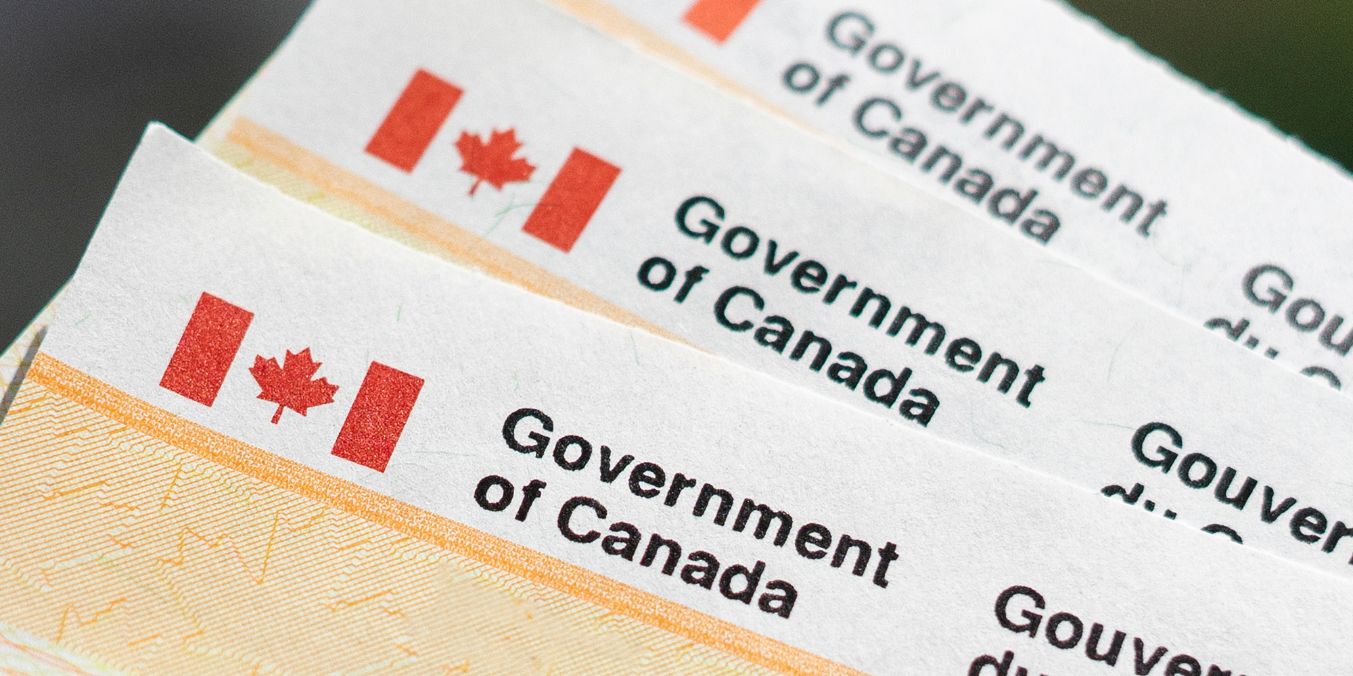
Immigration news directly into your inbox
Conclusion
This series has covered the essential aspects of cost of living in vancouver for 2024, from housing and utilities to transportation, healthcare, and taxes. Here’s a quick recap:
- Housing remains expensive, requiring careful planning for both renters and buyers.
- Utility and transportation costs offer potential savings with smart usage and choices.
- Managing food, healthcare, and childcare expenses is crucial, with opportunities for budgeting and applying for government support.
- Entertainment and leisure activities can fit various budgets by leveraging discounts and free events.
- Tax understanding is key, with credits and rebates available to reduce burdens.
Despite its high living costs, Vancouver’s allure includes its natural beauty and vibrant culture. Effective financial management and strategic planning allow residents to enjoy the city fully. We hope this guide helps you navigate the cost of living in Vancouver, making your experience in the city as fulfilling and sustainable as possible.
Julce
Julce is an expert content writer specializing in topics about Canada, adept at blending practical advice with engaging stories that capture Canadian life.
Learn more about Vancouver
You will find helpful information about setting up in this vibrant and lively city.
Edmonton vs Vancouver: West Coast or Prairie Cities?
Deciding between Edmonton vs Vancouver? Explore the unique lifestyles, attractions, and affordability of Canada's West Coast dream and Prairie metropolis!
Is Vancouver Safer Than Toronto? Crime Rates and Safety
Is Vancouver safer than Toronto? This article compares crime rates, safety measures, and key factors influencing safety in both cities.
How to Save Money in Vancouver: Tips for Cost-Conscious Living
Discover practical strategies on how to save money in Vancouver, from smart transit solutions to eco-friendly practices and budget-friendly dining options.
Book a Consultation
Are you ready to achieve your Canadian immigration goals?
Book a consultation today to discuss your needs and explore the best options available to you.
